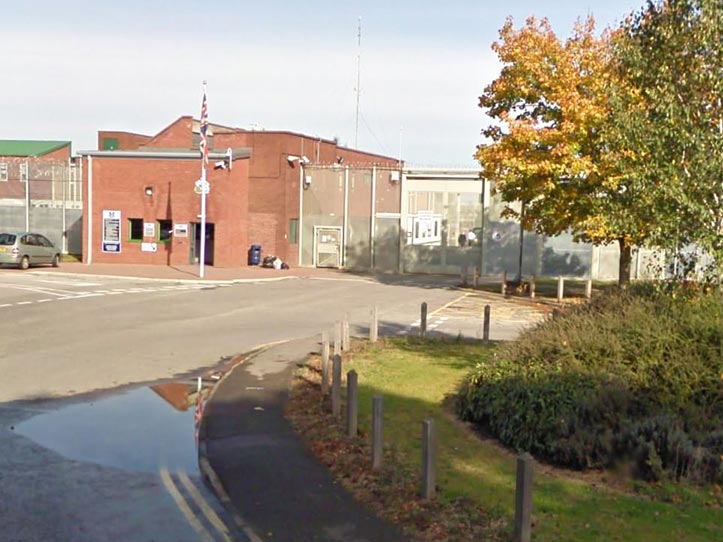HMP Ranby prisoners 'muscle into' office to take back legal highs, report finds
'The harm caused by new psychoactive substances in prisons requires a national policy'

Your support helps us to tell the story
From reproductive rights to climate change to Big Tech, The Independent is on the ground when the story is developing. Whether it's investigating the financials of Elon Musk's pro-Trump PAC or producing our latest documentary, 'The A Word', which shines a light on the American women fighting for reproductive rights, we know how important it is to parse out the facts from the messaging.
At such a critical moment in US history, we need reporters on the ground. Your donation allows us to keep sending journalists to speak to both sides of the story.
The Independent is trusted by Americans across the entire political spectrum. And unlike many other quality news outlets, we choose not to lock Americans out of our reporting and analysis with paywalls. We believe quality journalism should be available to everyone, paid for by those who can afford it.
Your support makes all the difference.Nearly 60 per cent of inmates at a prison have said it is “easy” to get hold of drugs and in one instance, they forced their way into a wing office to take back a package of confiscated legal highs, an inspection report has found.
The “destabilising supply” of new psychoactive substances (NPS) - which are designed to imitate already banned drugs - to HMP Ranby in Nottinghamshire threatened to overwhelm the facility, warned Martin Lomas, deputy chief inspector of prisons.
“The harm caused by NPS in prisons requires a national policy,” he added.
In an effort to stem the legal highs problem, management at HMP Ranby reduced the prison’s male population of 1,000 by 120 and increased staff numbers.
The HM Inspectorate of Prisons report, which comes following three inspections of the prison in August and September, found that 58 per cent of inmates said it was “easy” to get hold of drugs, adding fuel to warnings that legal highs are an enormous threat to safety and security in Britain’s prisons.
The report highlighted one incident in which a package containing NPS was thrown over the wall of HMP Ranby.
“In one incident, a group of prisoners muscled into a wing office to take back a ‘throw-over’ package of drugs that had just been intercepted by staff."
It went onto say that the use of NPS in prisons meant health services were at risk of being overwhelmed by the need to treat those worst affected by the drugs. In December it was reported that legal highs in prison were so widespread that it was putting a strain on ambulance services.
“As we walked around the prison, we saw a number of prisoners who were clearly under the influence of NPS; some had been left with other prisoners to check they did not deteriorate because there were no available health care services or other staff to do so,” the report said.
The report also highlighted that violence was an issue at the facility and that staff members did not feel safe. According to the Drugs in Prison report from the Centre of Social Justice, prisons in England and Wales were "straining under the violence" caused by drugs.
Michael Spurr, chief executive officer of the National Offender Management Service, said a new testing regime for NPS would be rolled out across the country's prisons from April.
A spokeswoman for the Prison Service said: “We have… passed laws so that people who smuggle packages over prison walls, including drugs, face up to two years in prison. However, it’s clear we need to do more.”
“The Justice Secretary has asked the Ministry of Justice to look at how we can ensure prisons have the rights tools in place to tackle the problem.”
Additional reporting by PA
Join our commenting forum
Join thought-provoking conversations, follow other Independent readers and see their replies
Comments